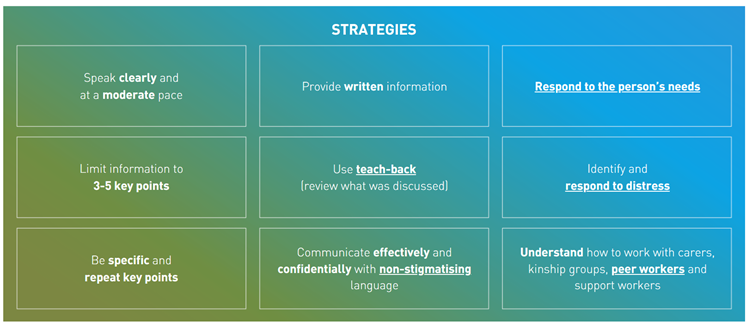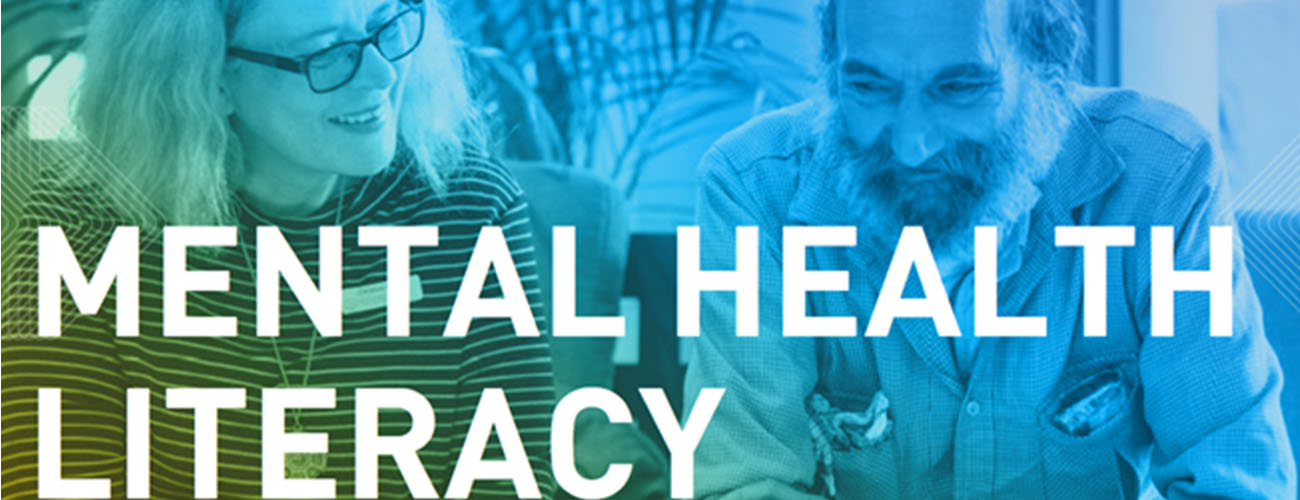31 March 2022
One of the greatest barriers to patients seeking mental health support can be the stigma, or perceived stigma, around accessing care. Mental health literacy is fundamental to improving a person’s health outcomes and achieving equal access to care for people of all backgrounds. “Currently, too many people who go to their GP for help with their mental health are being prescribed medication, or referred to a psychological therapist, without being given the opportunity to consider the full range of treatment and support options for their condition”[1].
Addressing mental health literacy is vital to ensuring that patients recognise when they are experiencing a mental health issue, understand the support available to them, and are empowered to choose the most appropriate service for their needs. This leads to improved quality of life and lower mortality rates since patients are receiving timely, appropriate support.
Every interaction a patient has with general practice, from booking an appointment to referral, can impact their likelihood of starting or continuing their mental health care journey.
What is Mental Health Literacy?
Mental health literacy describes a person’s ability to identify why they are experiencing a mental health issue and what causes these experiences. This empowers them to work both with and independently of services to improve their health. Practices that work to improve the mental health literacy of their patients can facilitate early health interventions.
Why is Mental Health Literacy important to my practice?
Patients with a lower mental health literacy often have difficulty making appointments and navigating the health system. This can delay them receiving care until the issue has become much worse. The way patients are treated when they are booking an appointment, completing forms, waiting for their consultation, talking with a clinician or being referred to a different service has a significant impact on them seeking, accessing, and continuing to access mental health support.
What does mental health literacy responsiveness mean?
Mental health literacy responsiveness is the provision of services, programs and information that promote equitable access to mental health care.
As a practice, that means supporting individuals with lived experience, as well as the friends and family members that support them, to make informed decisions regarding their health and wellbeing. It also means understanding and meeting the diverse mental health needs and preferences of a diverse range of patients and promoting equitable access for people in the community.
How can I support patients with lower mental health literacy?
The Mental Health Literacy Toolkit outlines multiple strategies for health professionals, reception and practice staff to promote equitable access to mental health support. This means speaking in plain, non-medical language, using open body language, actively listening, recognising and responding to distress and repeating key points.
Other strategies include:

To support practices in Western Sydney to address the mental health literacy of their patients, WentWest has launched a Mental Health Literacy Toolkit for general practice staff. Speak with your WentWest practice development team coordinator to find out more or contact Emily Maroun, WentWest Health Literacy Coordinator: emily.maroun@wentwest.com.au
[1]Productivity Commission 2020, Mental Health, Report no. 95, Canberra
